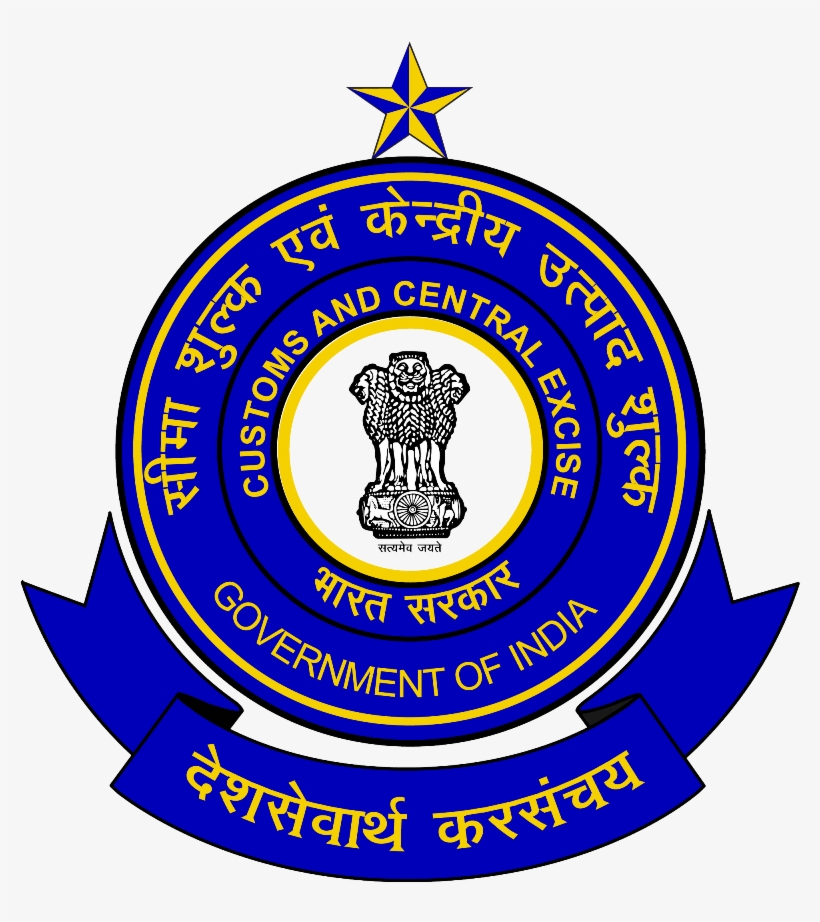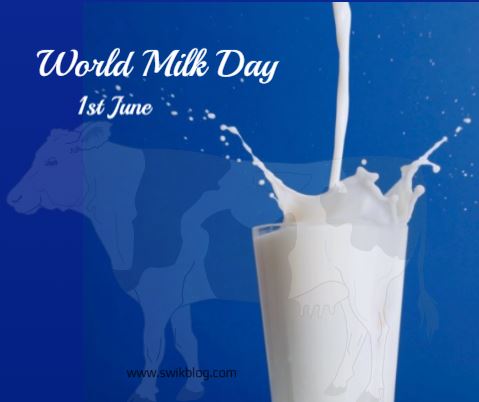
In India, every 24th February is observed as Central Excise Day, established to honor to honour the Central Excise and Custom Board commitment. The Board is a federal body responsible for the administration of customs, central excise, service tax and drug related matters.
In 1855 the Central Excise and Custom Board was established as the Customs and General Excise Agency, one of the oldest government agencies in India. It officially functions under the Revenue Department of the Ministry of Finance. It is responsible for the collection of excise fees, service taxes, customs and narcotics duties, import prevention and trafficking in drugs.
The day is observed in honour of CBEC-related officers and their services. This is done to promote the officials with utmost seriousness to perform their duties. The officials conduct corruption audits on products from the processing industry annually. The day is observed on 24 February, 1944, to mark the Central Excise and Salt Act laws.
Central excise production has been a critical source of the country’s financial growth for India’s best socio-economic development. In the past few years, with the higher service quality levels of the central excise departments, the financial income of the country has doubled.
What is Central Excise Tax
A central excise tax is the indirect tax that, if you buy goods that already are charged to duty, any individual, rich or poor, is liable to pay tax indirectly. This fee is regulated by the provisions of Article 226 of the Constitution of India under entry 84 of the Union List of the Seventh Schedule.
The revenue obtained through the central excise department is implemented in schemes such as education, welfare, and other social sector schemes. Major excise helps a great deal in developing the Indian economy to alleviate poverty and analphabetism, provide better schooling, health and so on to make the country prosperous and developed.
Swikriti Dandotia











